Treasury Secretary Mnuchin says that Trump could loosen the noose on Huawei if trade talks progress
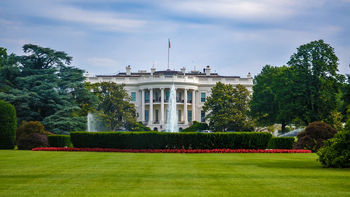
Late last month, U.S. President Donald Trump hinted that the U.S. might use Huawei as a bargaining chip to get favorable terms from China in any trade agreement between the two countries. Reuters reports today that Treasury Secretary Steve Mnuchin echoed Trump by stating that the president could loosen restrictions on Huawei if progress is made in the trade war with China. "If China wants to move forward with the deal, we’re prepared to move forward on the terms we’ve done," Mnuchin said. "If China doesn’t want to move forward, then President Trump is perfectly happy to move forward with tariffs to rebalance the relationship."
The trade war started because the president considered the U.S. trade deficit with China to be an indication that the country was taking advantage of the U.S. Many economists say that the deficit actually means that U.S. consumers are wealthier than their Chinese counterparts and can afford to buy more exports than Chinese consumers can. Trump also recently tweeted that the tariffs mean that the Chinese are paying millions to the U.S. Treasury. That is an absolutely false statement; the tariffs are taxes that U.S. companies pay and they can either eat the cost of paying the higher taxes or pass it on to consumers. For example, Apple's cases for the iPhone and iPad are currently slapped with a 25% tariff. Apple has decided to eat the cost of the tax so that it can keep the prices of the accessories unchanged. But this move will eat into Apple's profit margins.
"I think what the president is saying is if we move forward on trade, that perhaps he’ll be willing to do certain things on Huawei if he gets comfort from China on that and certain guarantees. But these are national security issues."-Steve Mnuchin, U.S. Treasury Secretary
Earlier this year the U.S. indicted Huawei on various charges including bank fraud
It is important to remember that Huawei's placement on the Entity List has to do with security issues. The U.S. has long considered Huawei to be a national security threat because of the possibility that the communist Chinese government will demand that Huawei spy on its behalf; this is allowed under Chinese law and has led U.S. lawmakers to fear that Huawei products contain a backdoor that will send secrets to Beijing. The company has long denied this and has even offered to sign a no-spy agreement with any country.

The Huawei P30 Pro is the company's current high-end model
If the U.S. does not loosen the restrictions on Huawei the company will be forced to use its own operating system on future models, and design chipsets based on a new architecture. The company shipped over 200 million handsets last year and during this year's first quarter it was the second largest smartphone manufacturer in the world trailing only Samsung. The company had its sights set on taking out Samsung for the top spot in 2020. Now that doesn't seem likely at all with Strategy Analytics expecting a decline of as much as 24% in Huawei's smartphone shipments this year and another 20% drop forecast for 2020.
Earlier this year, the U.S. indicted Huawei, some of its affiliates, and its CFO Meng Wanzhou on a variety of bank fraud charges. The DOJ claims that the company tried to cover up the business it allegedly did with Iran in violation of international economic sanctions. In addition, the DOJ indicted Huawei on criminal charges related to its alleged theft of T-Mobile trade secrets. This all dates back about five years when T-Mobile sued Huawei in civil court for stealing actual parts belonging to its phone testing robot, Tappy. After paying T-Mobile nearly $5 million as ordered by the court, Huawei now faces criminal charges over the same incident.
If the U.S. does relax some of the restrictions on Huawei or takes the company off of the Entity List, perhaps Huawei will be able to return to business as usual. If the timing is right, perhaps it won't be too late for the manufacturer to make the Huawei Mate 30 the powerhouse that everyone expected earlier this year.





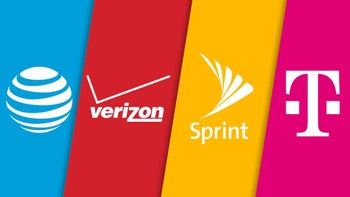
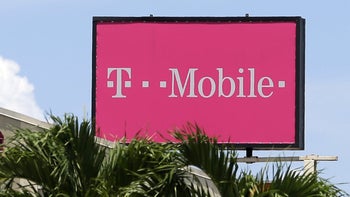
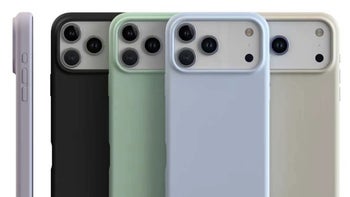
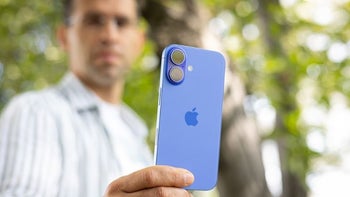
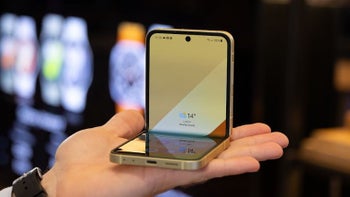
Things that are NOT allowed: